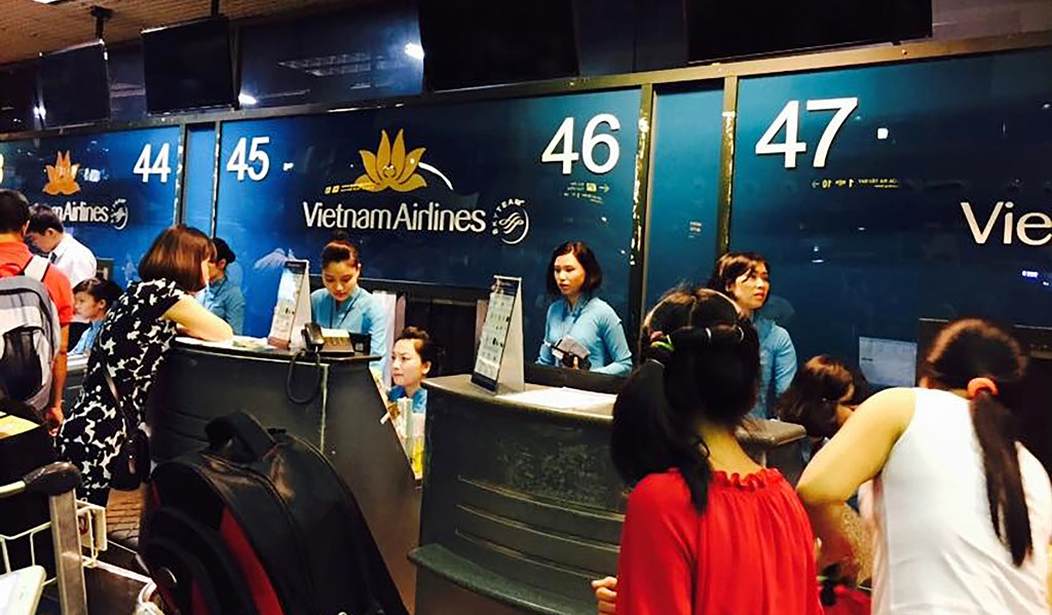Geopolitics has a way of inserting its way into the global entertainment industry, as seen previously in the NBA’s kowtowing to the Chinese Communist Party over Hong Kong (the semi-autonomous city-state off the Chinese coast that was a British colony until 1997), the Uighur genocide, and other issues.
More recently, Vietnam has banned a Hollywood film over the feature of a map with lines drawn in China’s favor in disputed territories.
Via CNN:
Vietnam has banned Warner Bros.’ highly anticipated film “Barbie” from domestic distribution over a scene featuring a map that shows China’s unilaterally claimed territory in the South China Sea, state media reported on Monday. (Warner Bros’, like CNN, is a unit of Warner Bros. Discovery.)
The U-shaped “nine-dash line” is used on Chinese maps to illustrate its claims over vast areas of the South China Sea, including swathes of what Vietnam considers its continental shelf, where it has awarded oil concessions.
“Barbie” is the latest movie to be banned in Vietnam for depicting China’s controversial nine-dash line, which was repudiated in an international arbitration ruling by a court in The Hague in 2016. China refuses to recognize the ruling.
Owned in large measure by Chinese interests as it is, the US film industry using maps vindicating China’s illegitimate claims over the South China Sea comes as no surprise.
The Vietnamese unequivocally and correctly view China as their top geopolitical enemy.
As described in my recently released memoir, I lived for about a year in a Vietnamese city nestled in the extreme north called Lao Cai, which is located strategically at a border with China largely separated by the Red River that runs along the edge of the city. On the other side is the Chinese province of Yunnan.
(Incidentally, Lao Cai was the site of the last kinetic war that Vietnam fought against their Sino-neighbors to the north in 1979. Much of the city was bombed and has since been rebuilt.)
When I was there, I often asked the local people, out of curiosity, what they thought of the Chinese. The answer was universally hostile and defamatory.
One common account, relayed to me on numerous occasions by different people of Lao Cai, is that wealthy Chinese businessmen frequently cross into Lao Cai under the pretense of conducting trade with Vietnam but are actually there to purchase a young (usually teenage) bride and whisking her back across the border to start a new life.
In all objectivity, I never saw any hard evidence to back up these claims, but they were relayed to me in earnest – again, on multiple occasions by multiple people, all of whom were certain in their assertions. At any rate, this phenomenon is plausible given that China infamously struggles with a skewed male:female gender ratio thanks to CCP social engineering via its now-rescinded “one-child policy.”










Join the conversation as a VIP Member